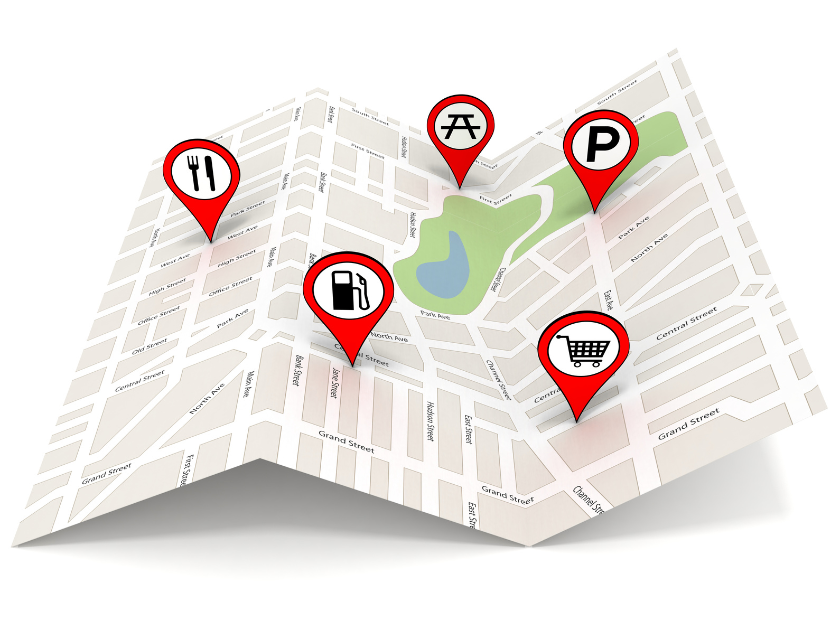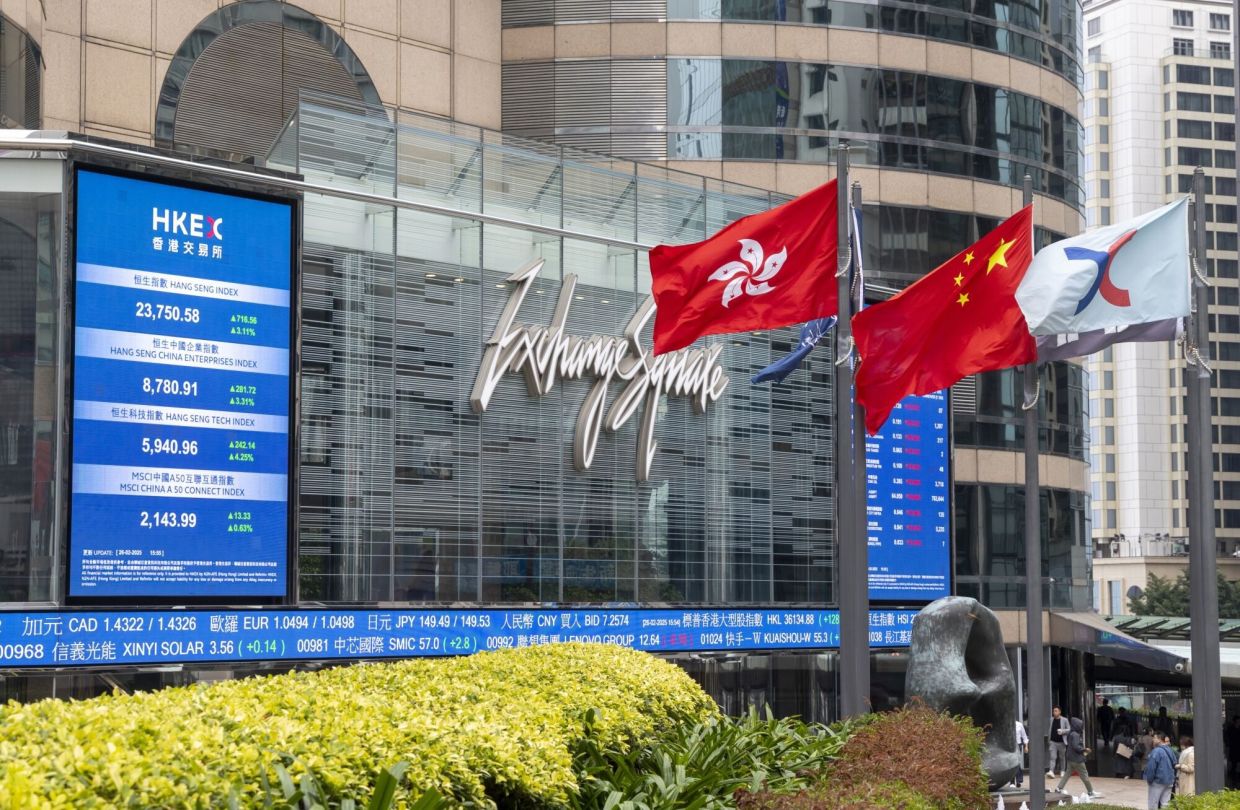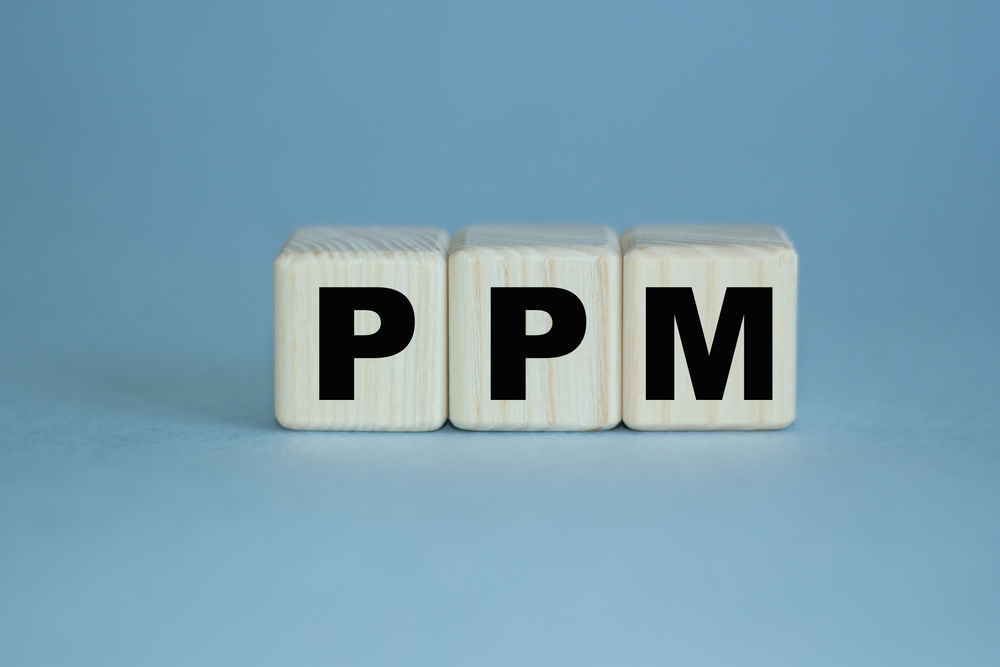In the intricate world of professional translation, certifications serve as a hallmark of expertise and reliability. The American Translators Association (ATA) certification is widely regarded as one of the most prestigious credentials for translators in the United States. For Portuguese translators specializing in patent translations, a critical question emerges: does holding an ATA certification justify charging higher fees for such specialized work? This article explores the role of ATA certification in the context of patent translations, evaluates its impact on pricing, and assesses whether it warrants premium rates in Portuguese-speaking markets like Brazil and Portugal.
What is ATA Certification?
The ATA certification is a credential awarded to translators who pass a challenging three-hour, open-book examination. This exam assesses essential skills, including comprehension of the source language, application of translation techniques, and proficiency in writing in the target language. Available for language pairs such as English to Portuguese and Portuguese to English, the certification is recognized as a benchmark of professional competence in the U.S. translation industry (ATA Certification).
The certification process is rigorous, with a pass rate of less than 20%, highlighting its difficulty and the high standards set by the ATA (Kent MCLS). Candidates must be ATA members for at least four weeks before taking the exam and are required to maintain their credential through ongoing continuing education, ensuring they stay abreast of industry developments. This commitment to professional growth enhances the credibility of certified translators, making them attractive to clients seeking reliable services.
Relevance of ATA Certification for Patent Translators
The ATA certification exam tests general translation skills, with passages designed at a university reading level to avoid highly specialized terminology (ATA Exam Details). While this makes the certification broadly applicable, it does not specifically address the technical and legal nuances of patent translation. However, the skills tested—accurate comprehension, effective translation techniques, and polished writing—are foundational for producing high-quality patent translations.
The ATA also supports patent translators through resources like the Patent Translator’s Handbook, which provides guidance on translation memory software, the international patent system, and managing patent litigation projects (ATA Patent Handbook). This indicates the association’s recognition of patent translation as a specialized field, suggesting that certified translators can leverage these resources to enhance their skills. Additionally, ATA certification is sometimes accepted by courts and agencies as a qualification for legal translation tasks, which can include patent-related work.
Impact of ATA Certification on Translation Rates
ATA certification can influence translation rates by signaling a translator’s professionalism and reliability. According to PayScale, the average hourly rate for ATA-certified translators is approximately $27.09, compared to $25.26 for translators overall, indicating a modest premium for certified professionals (PayScale ATA Rates). For patent translations, rates are generally higher due to the specialized nature of the work, typically ranging from $0.15 to $0.25 per word, compared to $0.10 to $0.20 for general translations (Park IP Translations).
In the context of Portuguese patent translations, rates may be influenced by the target market. For example, translations for Brazil often require certified translations by sworn translators, which can increase costs. While ATA certification is not equivalent to Brazil’s sworn translator status, it can enhance a translator’s credibility, potentially justifying rates at the higher end of the spectrum, such as $0.20 per word or more.
|
Factor |
Description |
Impact on Rates |
|
ATA Certification |
Demonstrates general translation competence and professionalism. |
Modest increase, ~$2/hour higher than non-certified. |
|
Patent Specialization |
Requires technical and legal expertise, rare among translators. |
Rates range from $0.15–$0.25/word, higher than general translation. |
|
Market Demand (e.g., Brazil) |
High demand for accurate translations in Portuguese-speaking markets. |
Premium rates for certified or sworn translations. |
|
Certification Costs |
Exam ($500) and membership ($200/year) add to translator’s expenses. |
May contribute to higher fee expectations. |
ATA certification for Portuguese translators can justify higher patent translation fees by providing assurance of professional competence and reliability, which is critical in the precise and technical field of patent translation. While it is not specifically tailored to patents, the certification enhances a translator’s credibility, particularly in competitive markets like Brazil, where accurate translations are essential for legal validity. However, clients often prioritize specialized patent experience, making ATA certification one of several factors influencing rates. By combining certification with technical and legal expertise, Portuguese translators can command premium fees, ensuring high-quality translations that protect intellectual property.
For expert Portuguese patent translation services, trust Artlangs Translation. Our team, including ATA-certified translators, delivers precise and reliable translations to safeguard your innovations. Contact Artlangs today for unparalleled quality and service.











